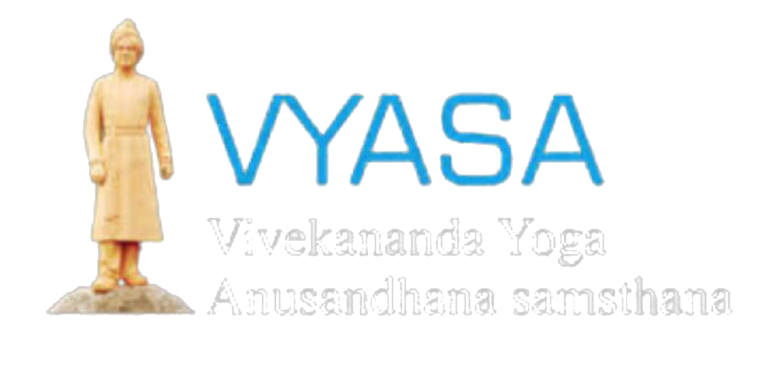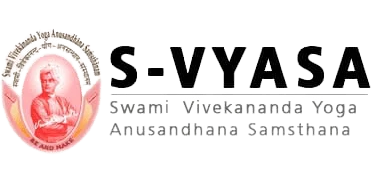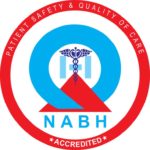Alzheimer’s Disease
Alzheimer’s disease is a neuro generative disorder affecting the both cognitive and behavioral affections, which significantly affects the normal functioning. The symptoms worsen over time and patients end up with progressive memory loss, trouble concentrating, loss of judgement and language skills, personality changes.
The main feature of Alzheimer’s disease is the progressive accumulation of beta amyloid plaques outside neurons in the brain. The definite cause for AD is unclear; it is attributed to plaques that develop in the hippocampus region and other areas of the cerebral cortex, which are responsible for coding and decision making.
Signs & Symptoms:
Psychological symptoms
- Progressive memory loss
- Restlessness
- Difficulty in understanding
- Depression
- Difficulty in concentrating
- Aggression & Agitation
- Getting lost in familiar places
- Withdrawal and disinterest
Physical symptoms
- Uncoordinated movements
- Muscle stiffness
- Shuffling or dragging feet while walking
- Twitching or seizures
- Sleeplessness
- Weight loss
- Dysphagia
- Incontinence
- Forgetting daily activities like bathing, dressing, etc.
Diagnosis:
- Instrumental activities of daily living(IADL) include assessment of skills such as driving, medication and financial management.
- Basic activities of daily living(BADL) include assessment of activities like toileting, bathing and dressing
- Imaging studies – CT or MRI or PET of brain is recommended to rule out possible causes for symptoms.
Management:
AD is irreversible and a progressive brain disorder, but with the help of medications and therapies AD symptoms can be managed.
Ayurveda: Alzheimer’s disease is considered in Ayurveda as a “smruthi nasha”. Vata dosha is high in alzheimer’s disease.
Tamasic and rajasic gunas are imbalanced in the AD and leads to slow congnition, poor memory and difficulty in performing tasks.
The main treatment principle is to balance vata, external therapies like shirodhara and abhyanga will be useful.
Nasya – one of the panchakarma treatment, medicated oil is used to nostrils and which is an easy and rapid way to deliver the medicated herbs to Cerebral nervous system.
Yoga therapy: yoga therapy is known to impart bio-psycho-social well-being when implemented as a life style measure. Combination of physical poses, breathing exercise, relaxation technique and pranayama has been shown to improve functional abilities, self – esteem and level of independence in daily activity in AD.
Mindful meditation, mantra chanting has proven to induce beneficial changes in the CNS dopaminergic and other neurochemical systems linked to specific regions of the brain.
Naturopathy Management:
Diet therapy: Diet plays an important role in the prevention, mitigation and prognosis of AD. Intake of fruits, dark green vegetables, nuts and polyunsaturated fatty acids help in reducing the risk of memory loss due to the presence of Vit E, folic acid, docosahexaenoic acid (DHA) eicosapentaenoic acid (EPA) & their role in preventing synaptic loss.
Choline is an essential nutrient that helps to improve cognitive function. Its major dietary sources are spinach, beet, wheat, groundnuts etc. Vit B12 & folic acid are directly responsible for pathogenesis of AD and their deficiency leads to neuronal damage and memory loss.
As weight loss is the major concern, inclusion of more proteins in the forms of legumes, pulses and nuts are advised. Use of citric fruits recommended to avoid often gastrointestinal difficulties including nausea & vomiting.
To summarize, there is sufficient evidence to recommend specific dietary modifications in clinical practice to risk reduction and management of mild cognitive impairment /AD.
Acupuncture: The action of acupuncture is more pronounced in post-acupuncture resting state and indicates a sustainable effect. This improvement is mainly by enhancing the hippocampal connectivity, which is otherwise impaired in AD. Acupuncture improves




